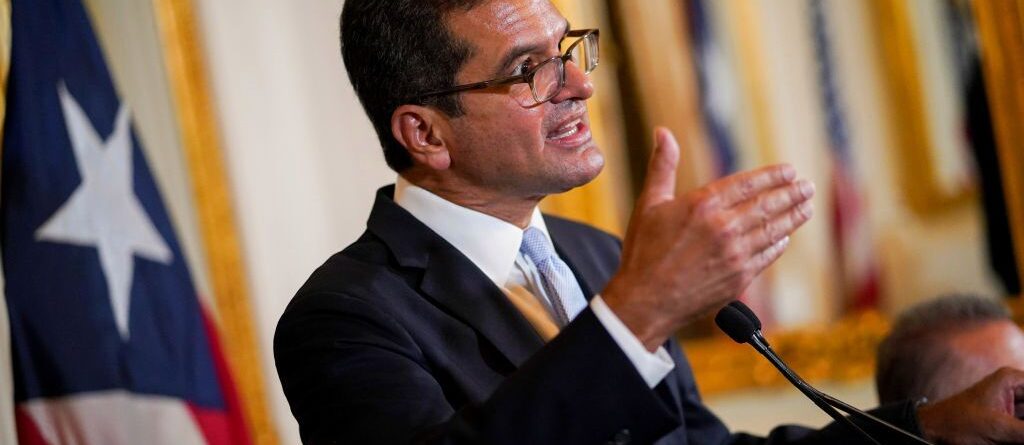Puerto Rico governor rejects key deal with creditors to reduce debt due to pension cuts
Puerto Rico’s governor announced Tuesday that a federal control board reached a key deal that would reduce the U.S. territory’s overall debt by nearly 80 percent, but that his administration is rejecting it because it would require cuts to the island’s crumbling public pension system.
The impasse between the governor and a board that oversees Puerto Rico’s finances threatens to throw into limbo attempts to end a bankruptcy-like process for a government that six years ago declared unpayable its more than $70 billion public debt load.
The deal was reached with creditors who hold general obligation bonds and Public Building Authority bonds sold by Puerto Rico’s government and would resolve $35 billion worth of debt and non-debt claims, according to the board. It also would reduce debt held by those creditors from $18.8 billion to $7.4 billion, a 61 percent reduction, and would provide them with $7.4 billion in bonds and $7 billion in cash, among other things.
The board said the deal would free up more than $300 million a year for government services, and that instead of 30 cents for every dollar in taxes and fees that Puerto Rico’s government collects going to creditors, it would be less than 8 cents.
“I firmly believe this is the best outcome we could achieve in today’s economic uncertainty, not only for the people of Puerto Rico but also for creditors who have an interest in Puerto Rico’s long-term viability and creditworthiness,” said board chairman David Skeel.
Read more @NBC News











